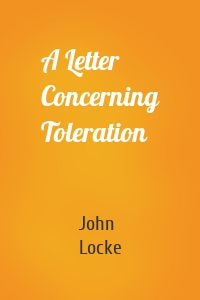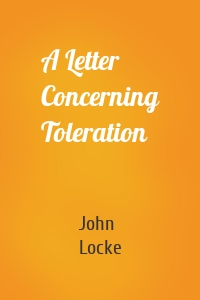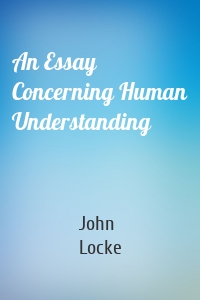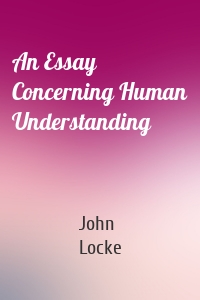
Harvard Classics Volume 37 скачать fb2
Серия: Harvard Classics
Фрагмент книги
20
скачали
0
прочитали
0
впечатлений
John Locke - Harvard Classics Volume 37 краткое содержание
Читать книгу онлайн Harvard Classics Volume 37 - автор John Locke или скачать бесплатно и без регистрации в формате fb2. Роман написан в году, в жанре . Читаемые, полные версии книг, без сокращений, на сайте - библиотека бесплатных книг Knigism.online. Вы можете скачать издание полностью и открыть в любой читалке, на свой телефон или айфон, а также читать произведение без интернета.
Скачать книгу «Harvard Classics Volume 37» John Locke
Чтобы оставить свою оценку и/или комментарий, Вам нужно войти под своей учетной записью или зарегистрироваться







